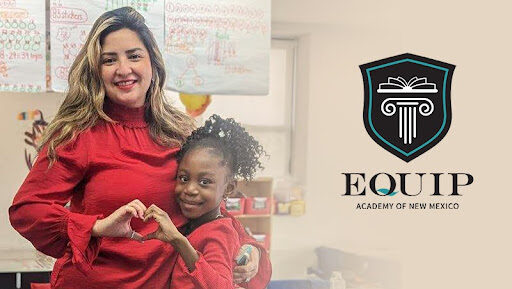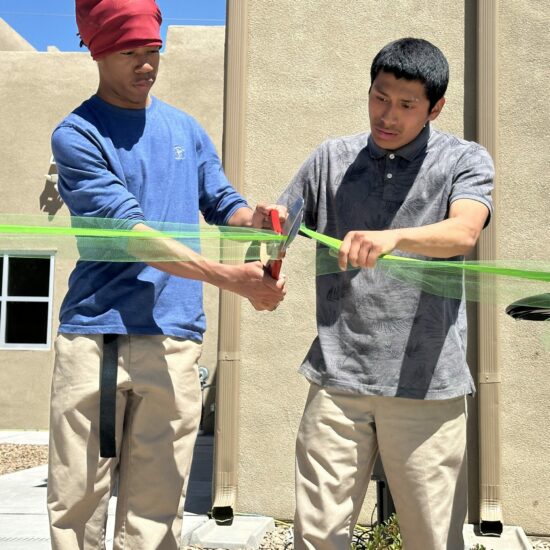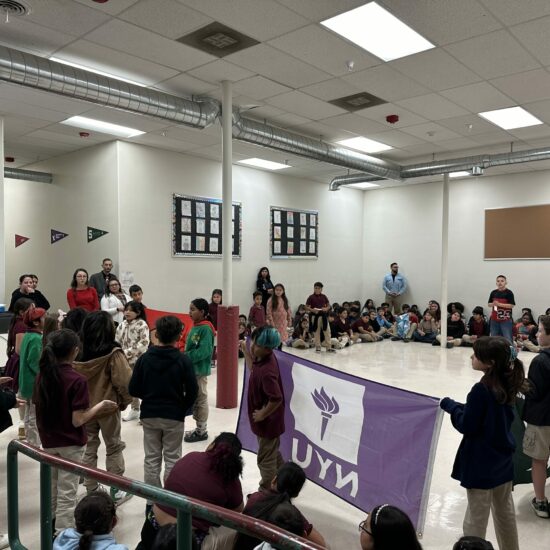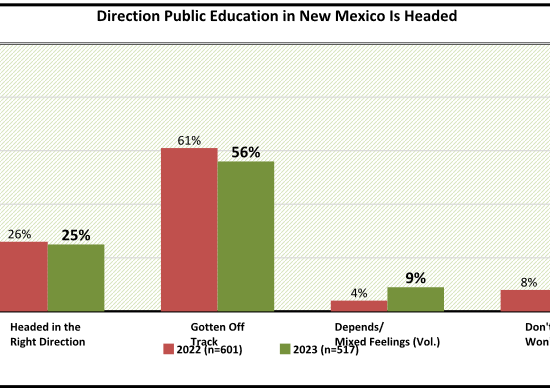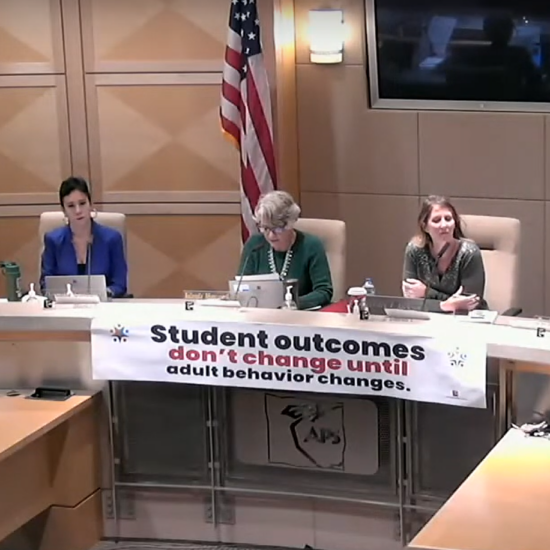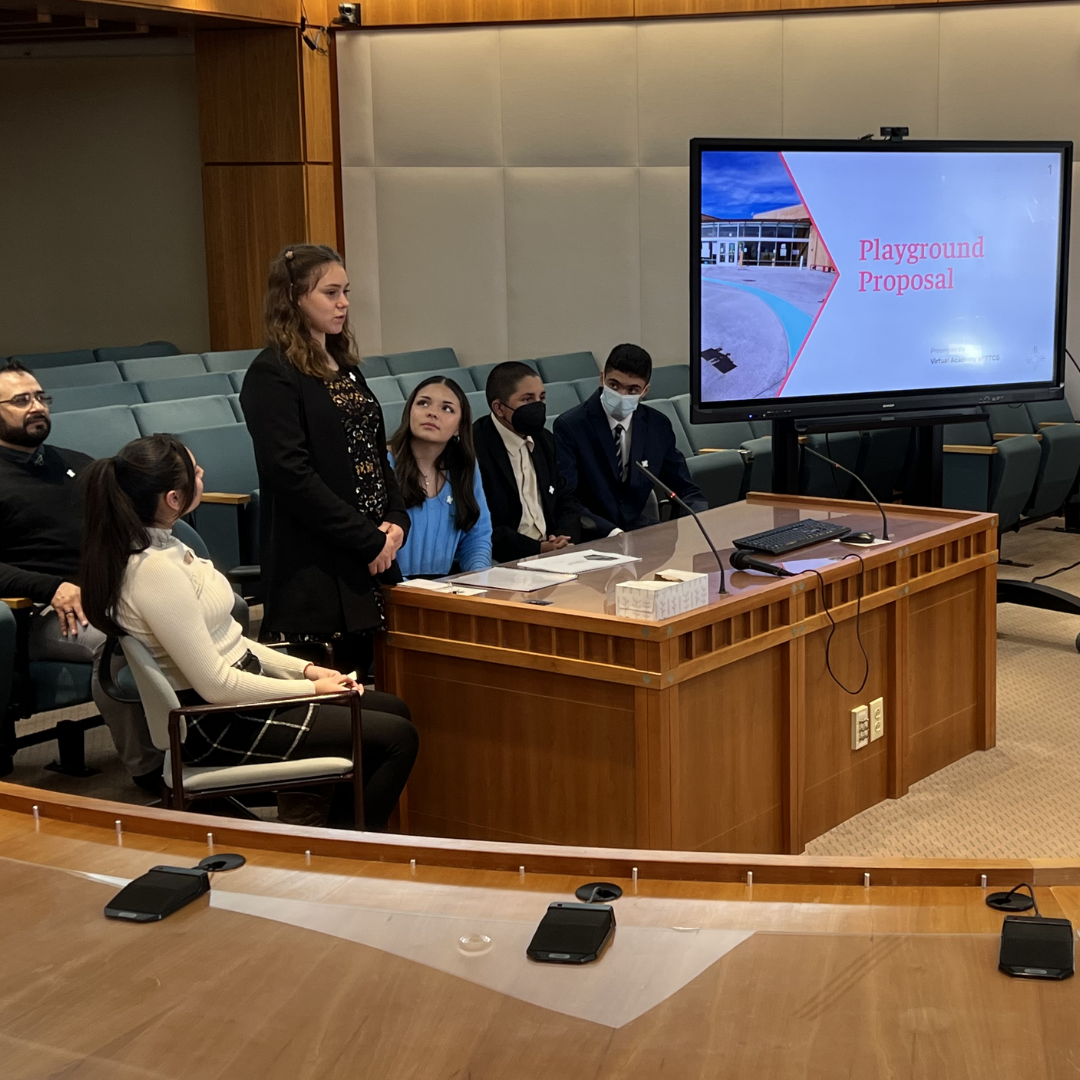
Editor’s note: This article which first appeared in Tumbleweeds Magazine, was written by Christopher Eide Azevedo, head administrator at Turquoise Trail Charter School, the top ranked charter school in New Mexico and a multiyear Best of Santa Fe recipient. Contact him at ceide@ttschool.org.
As the pandemic lockdown year was coming to a close, hundreds of families from Turquoise Trail Charter School continued to meet online, as we had become accustomed to, every full moon. At the meeting on the full moon in April, I asked how many families would be interested in an online option for the upcoming school year, 2021-22. Within 36 hours we had 101 names on the list, and thus we decided to create a new school, which would exist primarily online, called the Academy of Extraordinary Circumstance. It would feature its own dedicated staff and administration, and as a state charter, we had the latitude to serve students from all over the state.
The Academy still exists, albeit with a smaller student population, serving students who live far away or nearby, are hospital bound, or who have gotten in trouble and are unable to be with us in person. It was this group that, despite being primarily virtual, did something real and lasting that will benefit younger students for decades to come.
In a rare event, on Tuesday, January 10, students from the Academy took advantage of the days before the chaos of the legislative session to present their plans for an update to the school’s playground at the Roundhouse in a request for capital outlay funds.
Starting last fall, the students researched public spaces and how they are used in order to develop a comprehensive plan for a new playground at our rural south Santa Fe school. They used 3-D modeling technology to create designs, voted on their favorite, then got to work on the challenging work of feasibility and likelihood. I gave them a budget goal of $100,000 for their project. One team got to work fine tuning the winning design and making it more lifelike on a version of CAD software. Another group built budgets in consultation with playground design companies. And a third interviewed students and teachers at the school in order to build a case for the playground and its eventual final design. A group of five came to the school to represent their peers in a presentation to myself, selected staff, and our lobbyist. They took the feedback and made edits, and came back a few weeks later to present to a new audience, including an official from the Legislative Finance Committee, who gave another round of feedback.
In the end, the students requested $250,000 to support a new playground on campus at Turquoise Trail, which would leave a powerful legacy. Their designs took care to ensure accessibility for those with disabilities, and paid attention to which plants would create a more joyful outdoor experience and the irrigation systems that would be required in order to support them. In addition, they designed a solar-powered drinking fountain and bottle filling station.
Creating something lasting for those who will follow them was a powerful motivator for the students. “As someone who has been at the school for 10 years, I feel excited to work on something that I will be able to leave behind,” said Selah Montoya, a student who presented the project.
Their 27-page report to the five legislators present in the committee hearing room not only laid out their CAD-based renderings, associated budgets, and report with in-text citations, but set an example for what transparency in capital outlay funding could look like.

In 2021, representatives sponsored House Bill 55, underlining the importance of ensuring that the public has access to where capital outlay funds are allocated. These funds, which are designed to provide critical assistance for capital projects and improvements, are often negotiated behind closed doors between legislators and lobbyists. When the end users of the capital funds are able to make concise requests and monitor the eventual implementation of the works being funded, however, the process becomes more participatory and, therefore, more transparent.
Leave it to students to lead the way. “Throughout the entirety of this project, each and every student of the ‘Academy of Extraordinary Circumstance’ at TTCS showed an incredible amount of determination to achieve a unified goal of being prepared to stand in front of government officials at The Roundhouse”, said Bruce Jameson, teacher leader at Turquoise Trail. “I am truly proud of every student and their strong belief that even though they are middle school students, they can still make an incredible difference in this world.”
Capital outlay requests are dependent on what legislators themselves deem to be important to communities, and who they choose to listen to is the first signal of their values. In particular, those present from the New Mexico State Legislature modeled for the students what leadership for young people can look like. We would like to thank Senators Stefanics and Jaramillo as well as Representatives Matthew McQueen, Linda Serrato, and Chrisine Chandler for honoring the students with their presence, consideration, and thoughtful questions. The students were treated as professionals, though after the meeting ended, they became giddy young people again, asking me whether we could stop for ice cream on the way back to school.
We did.


